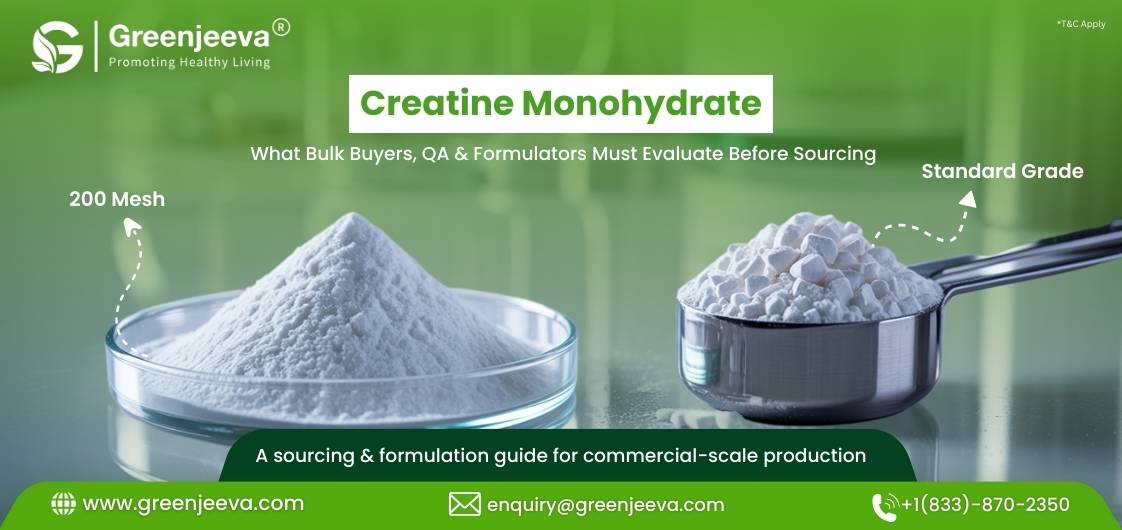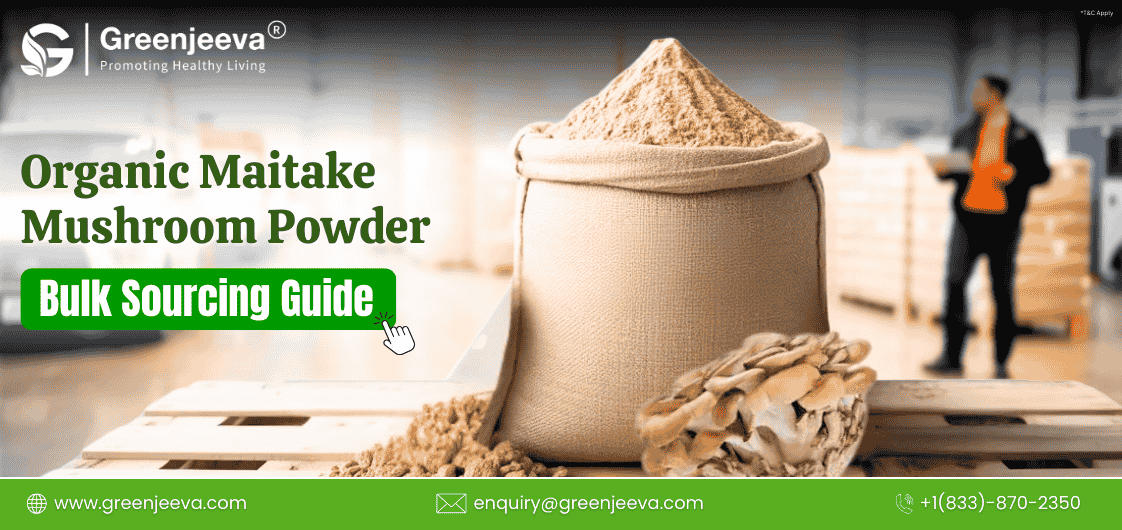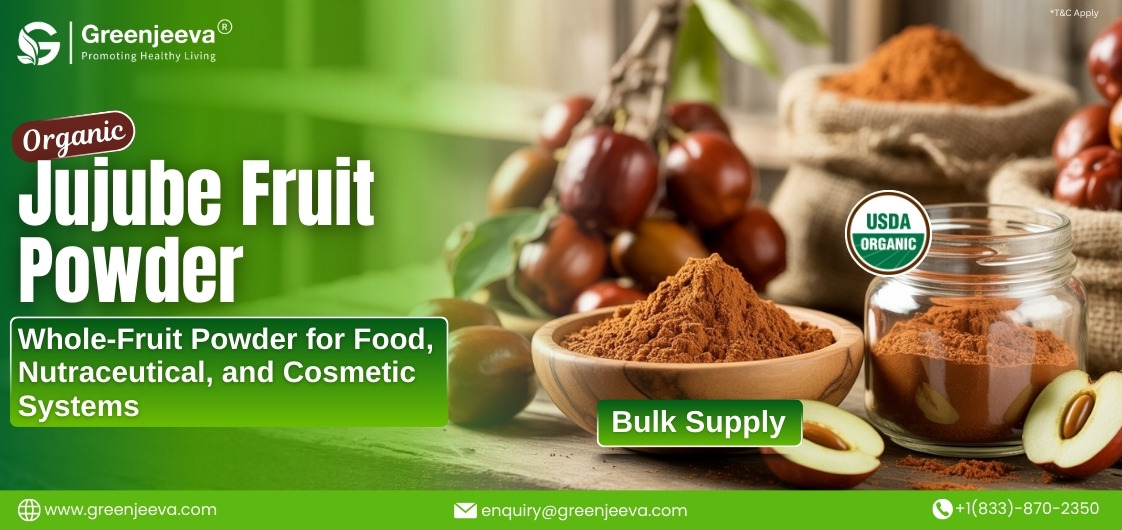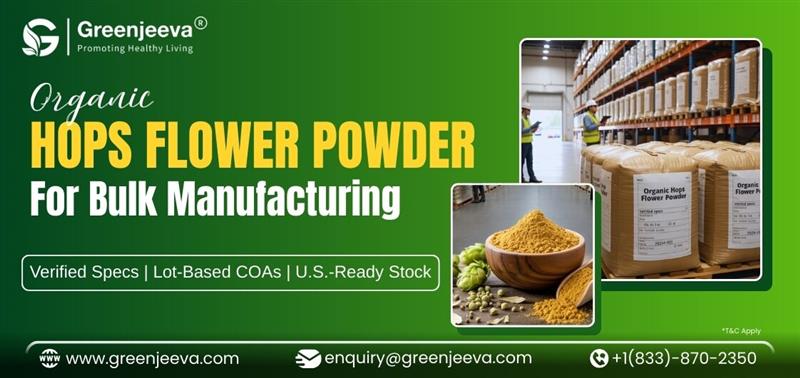The Ingredient Dilemma: Natural vs. Synthetic in Modern Stress Management Supplements

Stress management has become a top priority for consumers across demographics. The global stress management supplement market is projected to reach $20.8 billion by 2027, with a CAGR of 6.7% from 2020 to 2027. This growth is driven by increasing mental health awareness, rising workplace stress, and a growing preference for non-pharmaceutical solutions.
As formulators and manufacturers navigate this booming market, a crucial decision looms: natural or synthetic ingredients? This choice impacts product efficacy, consumer perception, and regulatory compliance.
Natural Ingredients: The Allure of Tradition
Natural ingredients in stress management supplements often appeal to consumers seeking "clean label" products. Common natural stress-relieving compounds include:
Ashwagandha: An adaptogenic herb shown to reduce cortisol levels
L-theanine: Found in green tea, it promotes relaxation without drowsiness
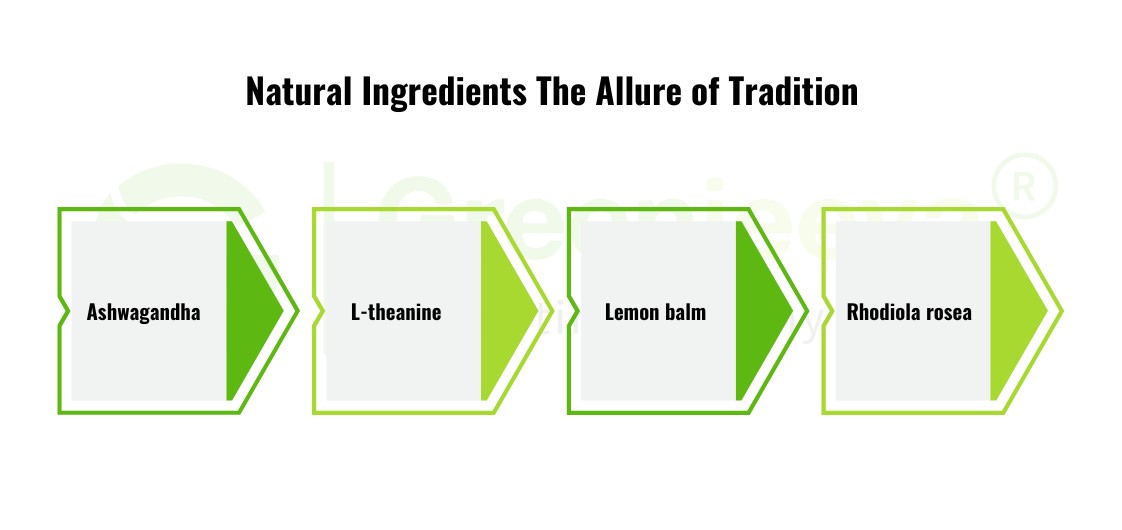
Lemon balm: Traditionally used to calm nerves and improve sleep
Rhodiola rosea: Another adaptogen that may help combat fatigue and anxiety
Benefits of natural ingredients:
- Consumer familiarity and trust
- Potential for additional phytonutrients and synergistic effects
- Often easier to obtain organic certification
Challenges:
- Variability in potency and quality
- Higher cost and potential supply chain issues
- Limited standardization across batches
Synthetic Ingredients: Precision and Scalability
Synthetic ingredients offer consistency and often higher potency in stress management formulations. Examples include:
Gamma-aminobutyric acid (GABA): A neurotransmitter that promotes relaxation
5-hydroxytryptophan (5-HTP): A precursor to serotonin
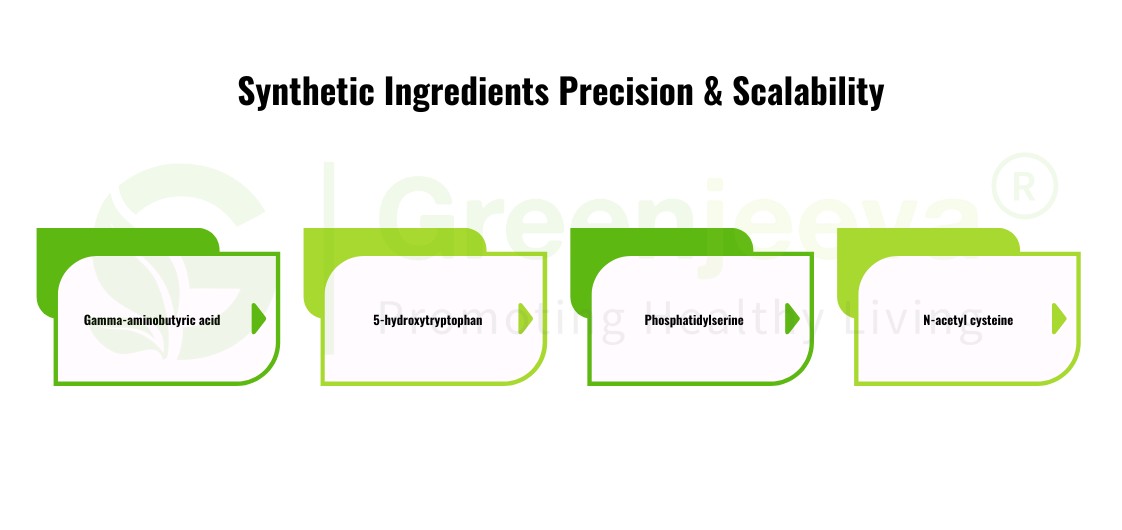
Phosphatidylserine: A phospholipid that may help regulate cortisol
N-acetyl cysteine (NAC): An amino acid derivative with potential anti-stress properties
Advantages of synthetic ingredients:
- Consistent potency and purity
- Often more cost-effective at scale
- Easier to standardize and control in manufacturing
Drawbacks:
- May be perceived as "less natural" by some consumers
- Potential for more regulatory scrutiny
- Limited synergistic effects compared to whole plant extracts
Formulation Strategies for Next-Generation Products
To create effective stress management supplements that resonate with modern consumers, consider these approaches:
Hybrid formulations: Combine natural and synthetic ingredients to balance efficacy, cost, and consumer appeal.
Bioavailability focus: Utilize advanced delivery systems to enhance absorption of key compounds, regardless of source.
Transparency in sourcing: Communicate the origin and benefits of each ingredient to build trust.
Evidence-based selection: Prioritize ingredients with clinical solid support, whether natural or synthetic.
Personalization potential: Design product lines tailored to individual stress triggers and responses.
Regulatory Considerations
When formulating stress management supplements, stay informed about regulatory requirements:
- Natural doesn't always mean safe: Some natural ingredients may have contraindications or interactions.
- Structure-function claims: Ensure all marketing claims comply with FDA and FTC guidelines.
- Quality control: Implement rigorous testing protocols for natural and synthetic ingredients.
What Lies Ahead
As research advances, the line between natural and synthetic may blur. Biomimetic compounds and nature-identical synthetics offer promising avenues for future stress management solutions. Staying abreast of these developments will be crucial for companies looking to lead in this competitive market.
The choice between natural and synthetic ingredients in stress management supplement isn't black and white. Successful formulations will likely leverage both strengths, focusing on efficacy, safety, and consumer preferences. By carefully considering sourcing, formulation, and marketing strategies, manufacturers can develop next-generation products that deliver on the promise of stress relief in our increasingly anxious world.
**The Food and Drug Administration has not evaluated these statements. This product is not intended to diagnose, treat, cure, or prevent any disease.**


